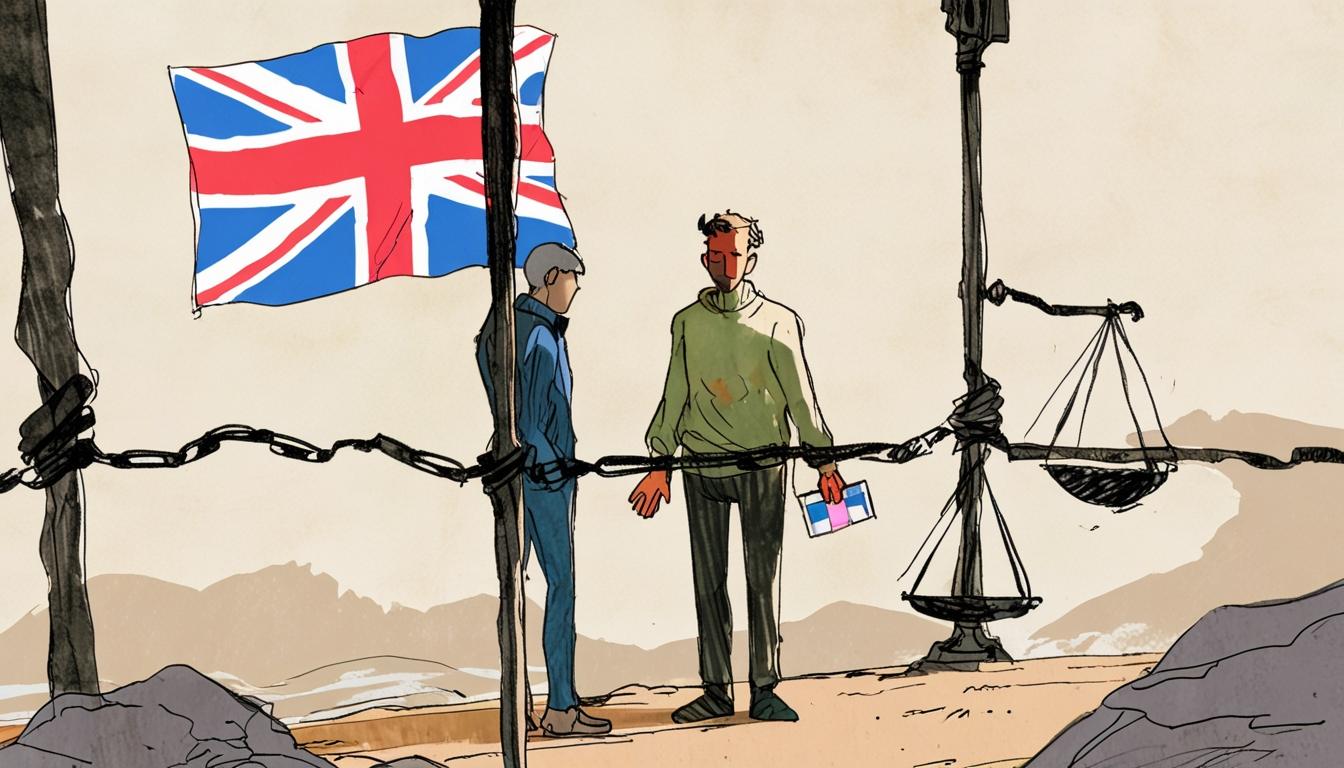Legal Challenge Launched Against New Citizenship Rules for Refugees
Recent changes to British citizenship laws have ignited a significant legal challenge, with new guidance from the Home Office showcasing a troubling retreat from compassion towards refugees arriving via irregular routes, such as small boats or hidden in vehicles. The policy, implemented on February 10, 2025, declares that individuals entering the UK illegally will "normally" be denied the chance to pursue citizenship, effectively punishing people for desperate circumstances.
Three refugees, already granted indefinite leave to remain, are stepping forward to contest these regulations through legal action led by Duncan Lewis Solicitors. Central to their claim is the assertion that the policy unlawfully discriminates against refugees, potentially breaching the Equality Act 2010. This challenge threatens to put the legality of these draconian regulations under judicial scrutiny, especially as they impact around 70,000 refugees striving for British citizenship.
The repercussions of this policy shift have sent shockwaves through advocacy groups. Charities warn that the new rules will have a “devastating impact” on vulnerable populations, particularly survivors of sexual violence and trafficking. Maya Esslemont, director of After Exploitation, highlighted the absurdity of penalising modern slavery survivors, many of whom were coerced into perilous journeys. Rather than being judged by their treacherous routes to safety, these victims ought to be afforded a fair opportunity to present their cases.
Critics of the Home Office’s approach argue that this policy drives harmful stereotypes and deepens the marginalisation of already vulnerable individuals. Emily Burnham, a caseworker at Women Against Rape, pointed out that research shows at least 70% of women escaping their home countries have endured gender-based violence. The warning is clear: these new rules risk creating a society where only a privileged few receive the full rights associated with British citizenship, while others remain in limbo due to outdated and prejudiced judgments about their worthiness.
Moreover, Carita Thomas from the Anti-Trafficking and Labour Exploitation Unit expressed grave concerns about the chilling effect this policy has on survivors, many of whom had begun to envision a future within the UK after years of hardship. The notion that their past experiences could obstruct their path to citizenship is seen as a betrayal by those who sought refuge from threatening conditions.
The Home Office defends its rigid stance by claiming these tougher regulations signify a strong approach to immigration control, aimed at deterring illegal entry into the UK. Yet, such narratives fail to resonate with many, particularly as the government's recent proposals to reinforce deportation measures against those entering irregularly foster an atmosphere of uncertainty and fear.
Legal representatives of the claimants, like Jeremy Bloom from Duncan Lewis, argue that these changes are not only misguided but threaten the very foundation of asylum as a beacon for the persecuted. Bloom stressed that individuals recognised as refugees—following rigorous evaluations—should not face additional barriers simply because of the manner in which they fled grave dangers.
As discussions around this contentious issue unfold, the impending court ruling will not only determine the future for thousands of refugees but also set a crucial precedent concerning the UK's obligations under international human rights laws. Advocates, echoing sentiments from across the political spectrum, believe in the inherently dignified right of refugees to rebuild their lives, free from punitive restrictions that reflect a lack of empathy and understanding in new policies.
Source: Noah Wire Services
